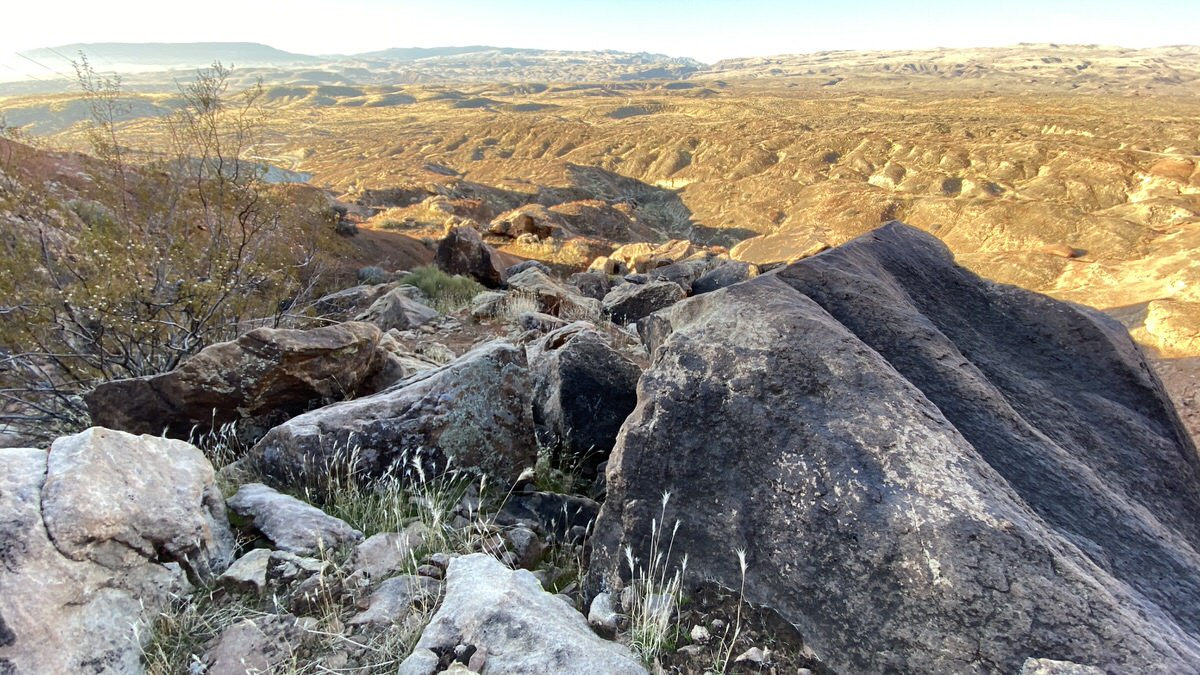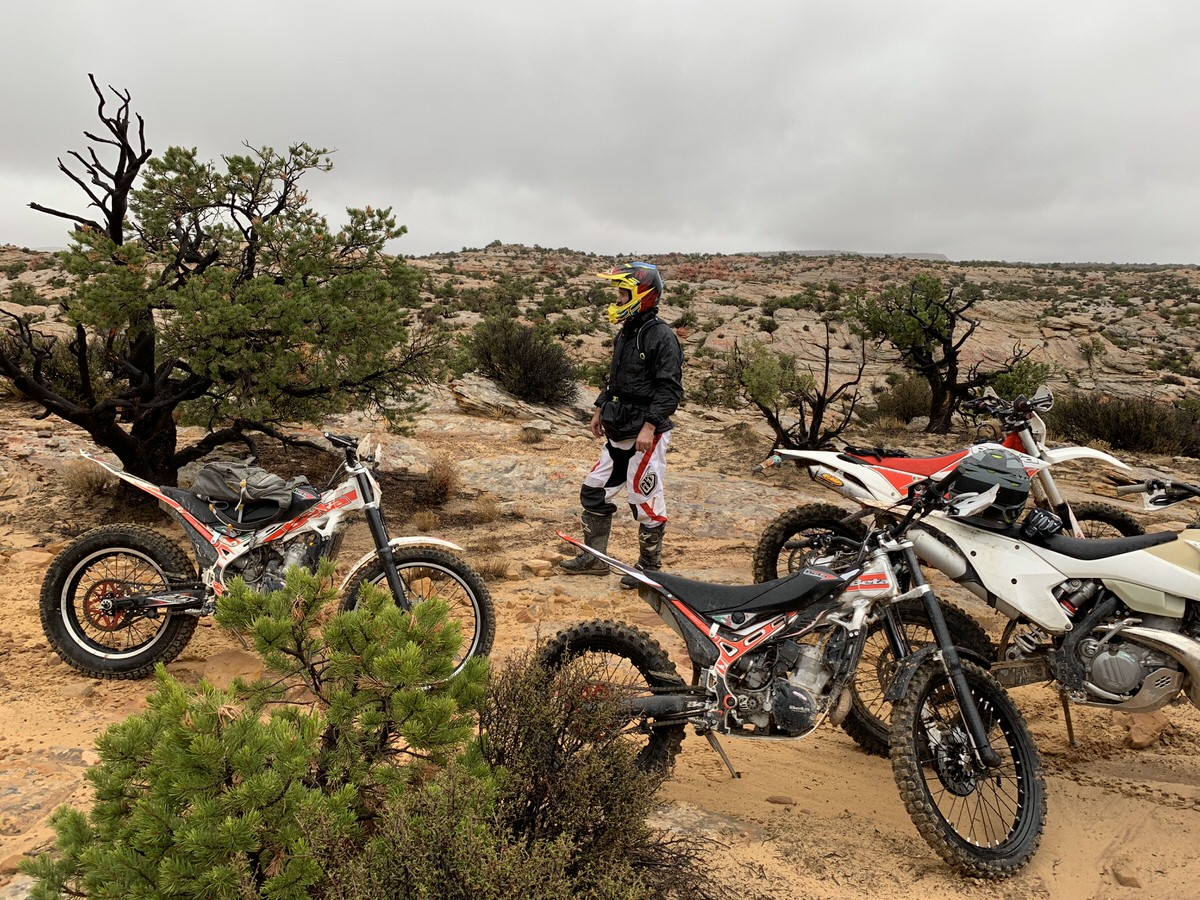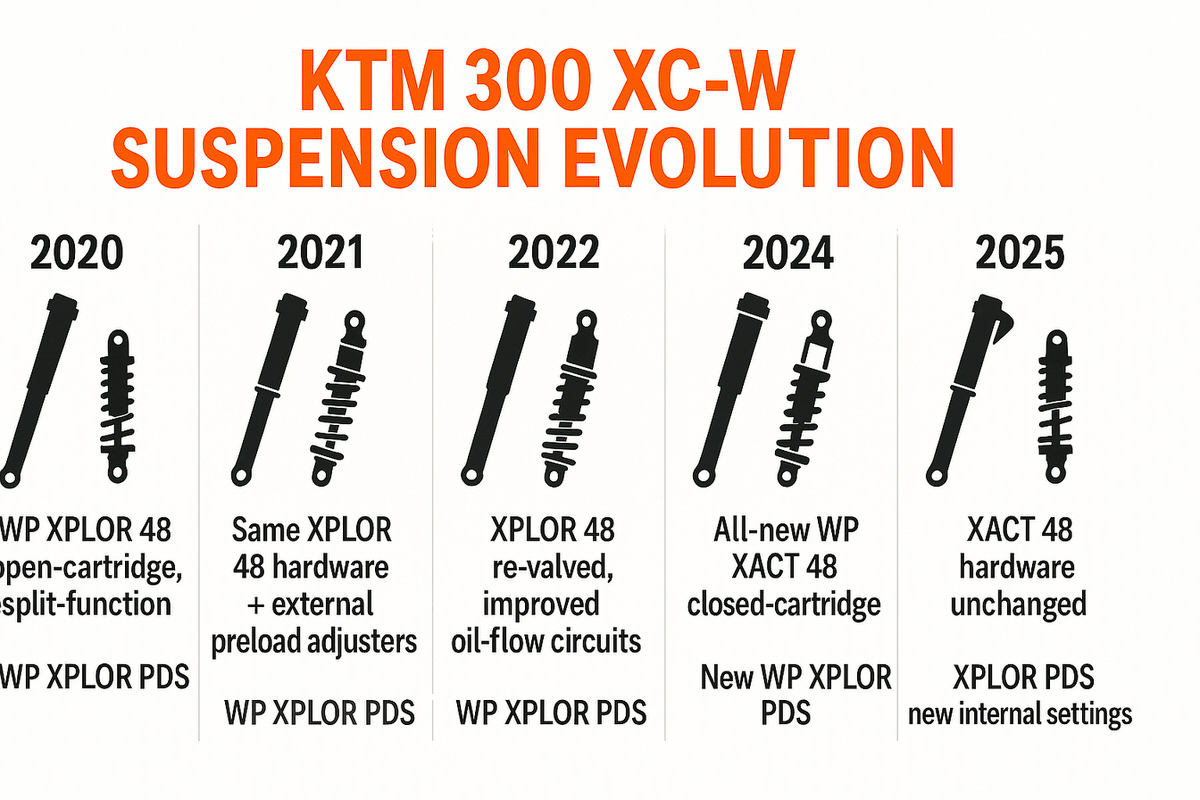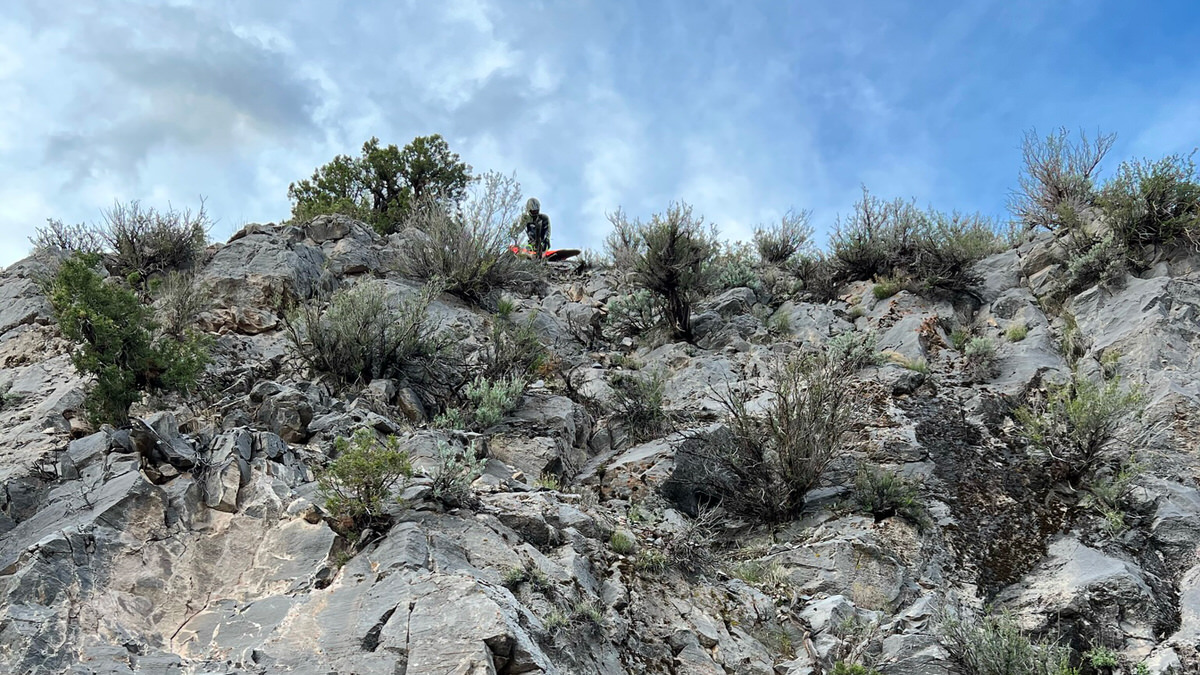Winter Riding in Warner Valley: Utah's Desert Escape
When northern Utah's trails are buried under snow, Warner Valley offers perfect riding conditions with 60-degree temps, dry trails, and endless desert single track.

While the rest of Utah hibernates under snow, Warner Valley riders are enjoying perfect 65-degree days on hero dirt. This isn’t just marketing hype - it’s the reality of Southern Utah’s winter riding scene. Here’s everything you need to know about making the most of Utah’s best-kept winter secret.
Why Warner Valley in Winter
The Numbers Don’t Lie
Temperature Comparison (January Average):
- Park City: High 32°F, Low 15°F
- American Fork Canyon: Closed - Snow
- Warner Valley: High 58°F, Low 35°F
Riding Days Per Month:
- Northern Utah: 0-5 (weather dependent)
- Warner Valley: 25-30 (rain dependent)
Trail Conditions:
- No mud after 24 hours
- No freeze/thaw cycles
- Consistent traction
- Minimal erosion
Weather Windows and Planning
Understanding the Patterns
Warner Valley’s winter weather follows predictable patterns:
November-December: Transition Season
- Temps: 50-70°F
- Occasional rain systems
- Crowds thin out
- Hotels readily available
January-February: Prime Time
- Temps: 45-65°F
- Minimal precipitation
- Busy weekends
- Book lodging early
March-April: Spring Perfection
- Temps: 60-80°F
- Desert wildflowers bloom
- Longer days
- Last chance before heat
Weekly Weather Rhythm
Best Riding Days:
- Tuesday-Thursday: Empty trails, perfect temps
- Early mornings: Crisp air, no wind
- Late afternoons: Golden hour magic
Challenging Times:
- Holiday weekends: Crowded
- Post-rain: 24-hour dry time needed
- Wind events: Occasional but brief
Trail Conditions by Season
December: The Warm-Up
Trails are firm and fast after fall moisture:
- Sand Hollow: Perfect hero dirt
- Warner Valley Loops: All systems go
- Toquerville Falls: Water flowing
- Santa Clara: Technical sections prime
Local Beta: December offers the best combination of cool temps and firm trails. Locals know this is when the riding is fastest.
January: Consistent Perfection
Mid-winter delivers the goods:
- Morning frost burns off by 9 AM
- Afternoon temps ideal for all-day rides
- Minimal dust
- Zero mud
Pro Tip: Start with north-facing trails in morning sun, finish on south-facing slopes in afternoon shade.
February: Pre-Spring Prime
Before the crowds arrive:
- Slightly warmer afternoons
- Stable weather patterns
- Early wildflowers in washes
- Extended daylight
Insider Knowledge: February’s third week historically has the best weather of the entire winter.
March: Desert Spring
The transition month:
- Wildflower explosion
- Warmer temps (70-80°F possible)
- Occasional wind
- Spring break crowds
Reality Check: By late March, afternoon temps can hit 85°F. Start early.
Gear Recommendations
The Goldilocks Zone
Winter Warner Valley riding requires specific gear choices:
Morning Setup (40-50°F):
- Jersey with arm warmers
- Knee guards that breathe
- Light gloves
- Hydration pack (2L minimum)
Afternoon Configuration (60-70°F):
- Jersey only
- Vented helmet crucial
- Summer gloves
- 3L hydration for longer rides
Always Pack:
- Windbreaker (desert winds)
- Extra water
- Sun protection
- Spare tube (thorns exist)
Bike Setup Adjustments
Suspension Changes from Summer:
- Add 2-3 PSI to fork (cooler = less pressure)
- Slow rebound 1-2 clicks
- Open high-speed compression
Tire Selection:
- Front: Medium terrain compound
- Rear: Harder compound (less wear)
- Pressure: 12-14 PSI (no freeze concerns)
Trail Selection Strategy
Progressive Difficulty Planning
Week 1: Dial in Desert Flow
- Warner Valley Green Loop (8 miles)
- Sand Hollow Practice Loop (3 miles)
- Scout Cave Trail (4 miles)
Week 2: Step Up Technical
- West Rim Trail (7 miles)
- Stucki Springs Loop (10 miles)
- Paradise Rim (12 miles)
Week 3: Test Your Limits
- Barrel Roll Trail (8 miles)
- Sand Mountain (if you dare)
- Fort Pearce technical sections
Specific Winter Advantages
Toquerville Falls transforms in winter:
- Water actually flowing
- Creek crossings rideable
- Cooler canyon temps
- Photography opportunities
Sand Hollow becomes hero terrain:
- Firm sand sections
- No dust clouds
- Lake views without haze
- Camping comfortable
Santa Clara BLM offers solitude:
- Locals at work/school
- Technical sections less polished
- Wildlife more active
- Sunset rides magical
Local Beta and Hidden Gems
Where Locals Ride
Tuesday Morning Crew Route:
- Start: Santa Clara Reserve
- Warm-up: Scout Cave
- Main Event: Barrel Roll
- Cool Down: Stucki Springs
- Duration: 3 hours
- Breakfast: Bear Paw Cafe
Weekend Warrior Loop:
- Early Start: Warner Valley TH
- Green/Blue Loops combo
- Lunch: Tailgate party
- Afternoon: Technical options
- Total: 25-30 miles
Secret Spots (With Permission)
Dinosaur Tracks: Ask at bike shops for directions
- Real fossilized tracks
- Short hike from trail
- Morning light best
- Respect the site
The Slot: Technical canyon feature
- Not on maps
- Local guide recommended
- Flash flood danger
- Incredible photos
Logistics and Planning
Accommodation Strategy
Best Value:
- St. George KOA: Bike washing station
- Hurricane Hotels: 20 minutes to trails
- BLM Camping: Free but basic
Convenience:
- Washington Hotels: 10 minutes to trails
- Sand Hollow Camping: Ride from tent
- VRBO in Ivins: Group options
Book Early For:
- President’s Day Weekend
- Spring Break
- Easter Weekend
Food and Services
Pre-Ride Fuel:
- Bear Paw Cafe: 6 AM opening
- Dixie Nutrition: Smoothie bowls
- Grocery stores: Pack lunch
Post-Ride Recovery:
- George’s Corner: Best burgers
- Sakana Sushi: Surprisingly good
- Irmita’s Mexican: Local favorite
Bike Services:
- Red Rock Bicycle: Full service
- St. George Cycles: Parts/emergency
- Desert Cyclery: Local knowledge
Winter-Specific Challenges
Desert Realities
Morning Frost: Slippery until 9 AM on north faces Flash Floods: Check weather upstream Thorns: Goathead season never ends Wind Events: Occasional but intense
Navigation Notes
Winter sun angle changes everything:
- Shadows different than summer
- GPS essential in canyons
- Download offline maps
- Carry backup battery
Training Benefits
Why Pros Winter Here
Consistent Conditions: No weather interruptions Technical Variety: Skills stay sharp Altitude Break: Sea level recovery Mental Reset: Sunshine therapy
Training Camps Include:
- Morning technical sessions
- Afternoon endurance rides
- Evening bike maintenance
- Weekend racing simulation
Environmental Considerations
Respect the Desert
Winter Impact:
- Cryptobiotic soil vulnerable
- Wildlife breeding season
- Increased trail traffic
- Water sources precious
Best Practices:
- Stay on trails always
- Pack out everything
- Yield appropriately
- Educate others kindly
The Bottom Line
Warner Valley in winter isn’t just about escaping snow - it’s about experiencing desert riding at its finest. The combination of perfect weather, diverse trails, and manageable logistics makes this Utah’s premier winter riding destination. Whether you’re maintaining fitness, developing skills, or just need vitamin D, Warner Valley delivers.
While your buddies are skiing or spinning trainers, you’ll be ripping hero dirt in a t-shirt. That’s not just winter survival - that’s winter winning.
Ready to escape the cold? Ensure your bike is desert-ready with our pre-trip inspection service. We’ll dial in your setup for Warner Valley’s unique conditions.
Planning a Warner Valley winter trip? Share your favorite cold-weather escape trails in the comments.
Tagged with:
About Mountain Goat Sports
Professional motorcycle repair & suspension tuning for Utah hard enduro riders. Specializing in KTM, Husqvarna, and GasGas dirt bikes.
Related Articles

Red Trail Guide: San Rafael Swell's Technical Challenge
The Red Trail in the San Rafael Swell delivers one of Utah’s most rewarding technical single track experiences. This ...

Suspension Setup for Rocky Terrain: The Utah Dialing Guide
Rocky terrain demands specific suspension settings. This comprehensive guide breaks down exactly how to set up your W...

The Ultimate Guide to Utah Hard Enduro Riding
Utah offers some of North America's most challenging hard enduro terrain. This comprehensive guide covers everything ...

TBI vs TPI Explained: KTM's Fuel Injection Systems Decoded
KTM's shift from TPI to TBI has riders confused. This technical deep-dive explains both fuel injection systems, their...
Need Service for Your Bike?
Our expert technicians are ready to help with all your motorcycle needs. From suspension tuning to engine rebuilds, we've got you covered.